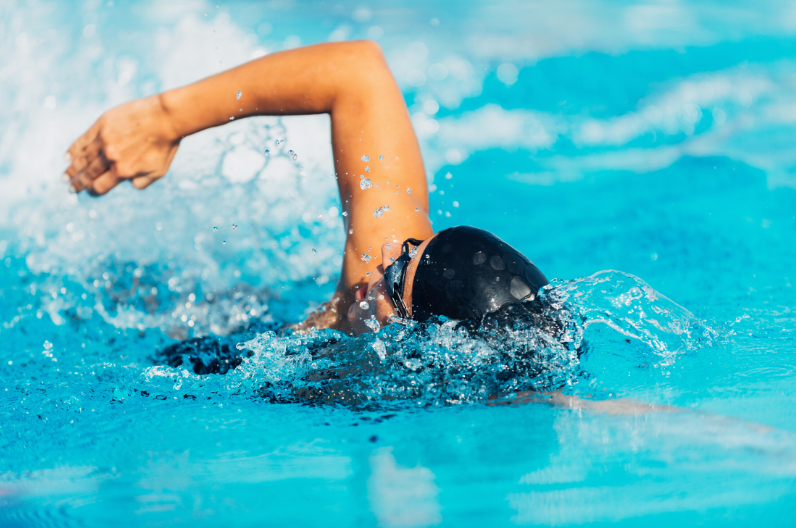
The medical community is asking health care professionals to post a warning to those who have had deep brain stimulation (DBS) surgery that they could be at risk for drowning.
Here is the warning:
“Patients and neurologists should be aware of the potential loss of the ability to swim following subthalamic DBS, we warn all patients to be cautious when going into deep waters.” Dr. Christian Baumann, a neurologist at University Hospital Zurich.
Medtronic posted an “Urgent Field Safety Notice” , warning that a side effect of brain stimulators might leave a patient unable to swim.
These are a few examples of the reports:
- A 69-year-old life-long swimmer, “Feeling confident after DBS because of his good motor outcomes, literally jumped into the lake and was horrified to find himself completely unable to swim. He would have drowned if he had not been rescued by his wife.”
- A 61-year-old competitive swimmer who regularly raced across Lake Zurich, could only swim a little over a tenth of a mile with an awkward stroke when her DBS was activated.
- Several others had near-death swimming experiences. One person reported not being able to even float.
- Three patients with DBS drowned, but it is unknown if the deaths were related to the device.
Some reported turning off the stimulators, and immediately could swim again, according to a medical team from the University of Zurich.
Instead of restoring dopamine (like drugs do), DBS sends electrical signals from implanted electrodes directly to neurons thought to be responsible for movement. Why patients could still walk but not swim made the researchers wonder if DBS affects the brain in a different way than levodopa does.
Other complex motor behaviors, such as skiing, playing golf, or skating, may also be affected, but swimming is the most worrisome.
Researchers say it is not fully understood why the devices occasionally cause inexplicable side effects like mood changes, double vision, tingling sensations or the inability to speak clearly.
“One important piece of advice for all Parkinson’s patients is to never swim alone. The risk of medication wearing off and freezing has been known to be associated with drowning in Parkinson’s disease regardless if they’ve had DBS or not.”

RESOURCES:
www.statnews.com/2019/11/29/swimming-deep-brain-stimulation-do-not-mix
